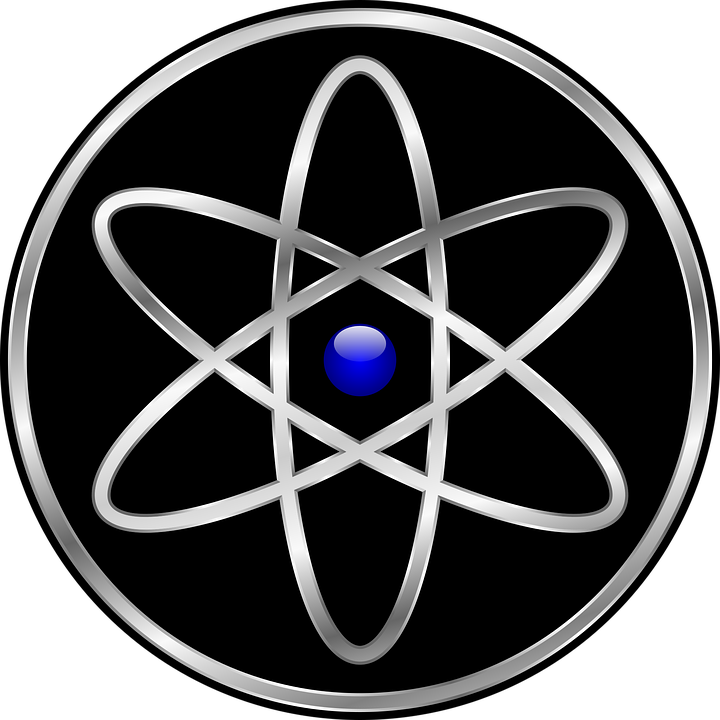Environmental Science (Grade 9 – One Semester Length – 5 credits)
Environmental Science builds upon students’ knowledge pertaining to Earth science, life science and physical science, by examining how the different spheres of the Earth interact (e.g. the biosphere, hydrosphere, atmosphere and lithosphere). Students will investigate the principles of ecology and the role of organisms in the matter and energy cycles of the Earth. The primary focus of the course will be studying the impact of humans on the natural world and how our actions with respect to energy and resource consumption, pollution, and biodiversity loss impact both developed and developing countries. Students will analyze environmental problems and the benefits/drawbacks of proposed solutions. By the end of this course, students will understand the ramifications of the major environmental challenges that we face in the 21st Century, as well as the role we play as individuals in addressing those challenges. Students will be called upon to become more thoughtful consumers, independent thinkers, and responsible global citizens. The Environmental Science Honors course is similar in content to the regular Environmental Science course, but the pace is often quicker and there are higher level applications and a greater emphasis on writing and individual projects.
Biology / Lab (Grade 10 – One Semester Length – 5 credits)
The Biology course helps students develop a conceptual framework for modern biology and gain an appreciation of science as a process. Students will learn the art of the scientific process while investigating topics that include atomic and organic chemistry, ecology, cell structure and function, genetics, evolution, and classification. Emphasis is placed on the structure and function of organisms, inter-relationships between living things, and their interaction with the environment. The Honors Biology course prepares students to understand their natural environment as well as current scientific issues affecting the world and their lives. Students will learn the art of the scientific process while investigating topics that include atomic and organic chemistry, ecology, cell structure and function, genetics, evolution, and classification. With a focus on molecular biology, this course will be the foundation for future college level study.
Chemistry (Grade 11 – One Semester Length – 5 credits)
The Chemistry course challenges students to develop an understanding of the structure and composition of matter and the changes it undergoes. Students will explore the principles of chemistry through critical thinking, lab experience, and problem-solving while investigating topics that include atomic theory, matter, chemical reactions, energy changes, stoichiometry, chemical composition, and properties of compounds. Chemistry is a laboratory based science. The Chemistry Honors course gives students the opportunity to develop an understanding of the structure and composition of matter and the changes it undergoes. Students will explore the principles of chemistry through critical thinking, lab experience, and problem-solving while investigating topics that include atomic theory, chemical composition, properties of compounds, chemical reactions, stoichiometry, energy changes, intermolecular forces, gasses, chemical equilibrium, and acids and bases. This course is similar in content to the regular Chemistry course listed above, but the pace is often quicker and there are higher level applications and a greater emphasis on the mathematics associated with the subject.

Anatomy & Physiology (Grade 12 – One Semester Length – 5 credits)
Human Anatomy and Physiology is designed for the student who plans to pursue a career in the medical, dental, health, veterinary, exercise, pharmacological, or biological sciences. The major topics covered include the skeletal system, the muscular system, the integumentary system, the cardiovascular system, the gastrointestinal system, the nervous system, the endocrine system, and the special senses. After completing this course, students will have a more thorough understanding of the individual components of each body system and the mechanism by which body systems operate alone and interdependently with the other systems. Connections to general health, nutrition, and lifestyle will be made and common diseases and disorders for each body system will be explored. The Anatomy and Physiology Honors course is similar in content to the regular course, but the pace is often quicker and there are higher level applications and a greater emphasis on writing and individual projects.